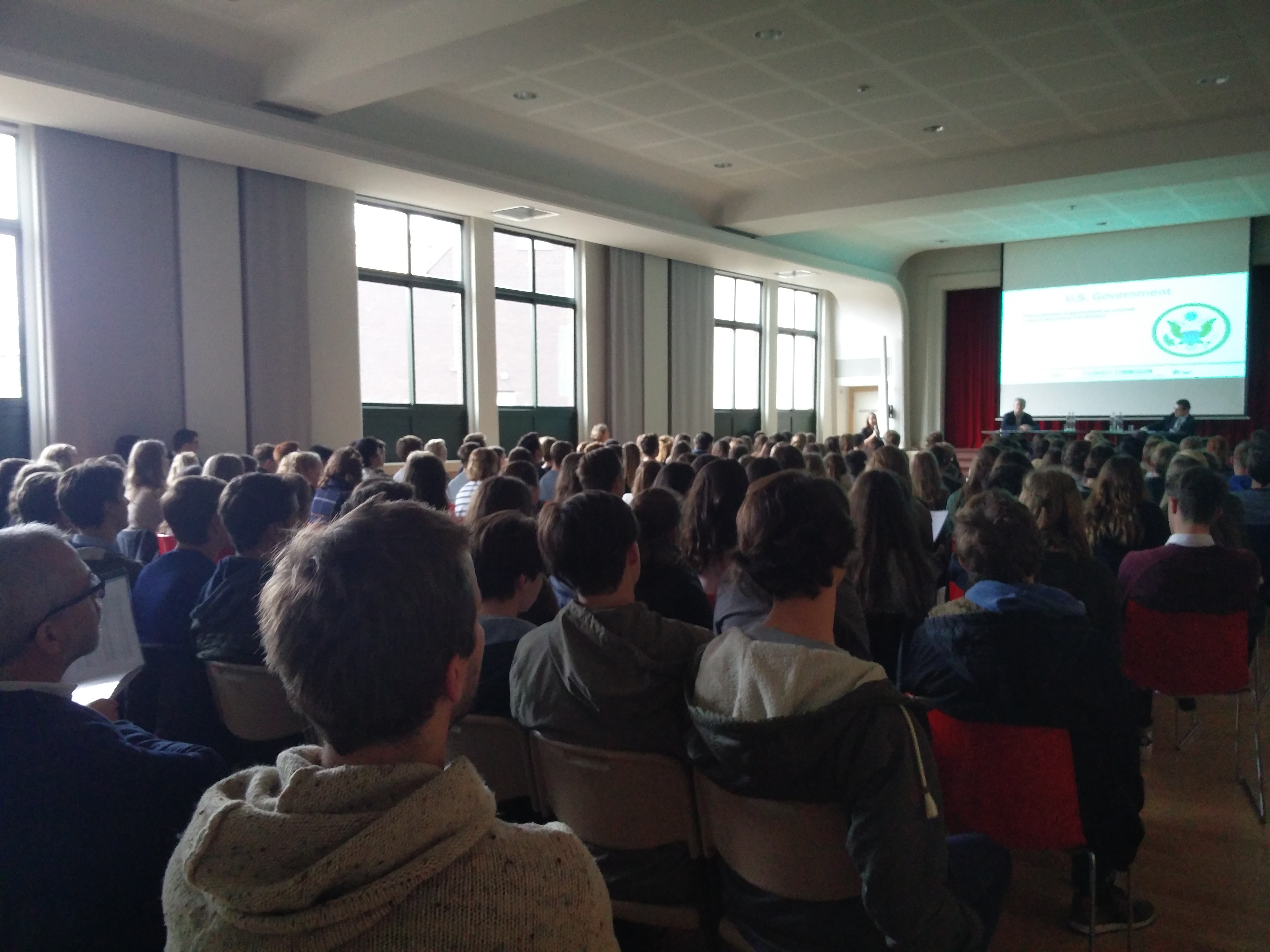By ESMT Professor Konstantin Korotov
A crucial moment comes and a manager understands that it is time to reconsider his or her career and place in the company, competences, relationships with other people, and plans for the future. Should the organization – and could it – help the person to find his or her new sense of self? Many organizations experience a shortage of leadership and management talent, and most of them already understand that they cannot leave professional development and identity search of employees unattended. Everybody needs strong leaders immediately, and many companies would like to meet this need with something like three day-long “leadership development” programs, at the end of which they expect to turn each participant into a completely different person.
Nobody can, like in a Russian fairy tale, just dip into boiling water and come out a different person. Sociological and psychological research suggests that in the process of identity transformation every person goes through a very important phase – a state of uncertainty, when the past has already been left behind, but the future has not yet fully entered into its rights. Under certain circumstances this transitional phase can become a real “identity laboratory.” The name of the phenomenon reflects the main point: self-search and reflection in an atmosphere favorable for experimentation. The laboratory can to a certain extent be virtual: a person devotes him or herself to self-development with a help of reflective practices, reading and advice-seeking. It can also be a real place with physical premises, desks, classes, and exams. In any case, whether it is an independent self-development or classes in an organized “laboratory,” certain conditions are crucial for success.
Firstly, the feeling of psychological safety is needed. Leaving the boundaries of one’s usual role, a manager leaves his or her “comfort zone,” or position where everything is known and well-organized. In a new role one should show his or her worth differently, and a feeble attempt could threaten one’s future career.
Participants of leadership development programs should understand that they are being supported in their development process and that the evaluation will come later. Unfortunately, sometimes companies want to get “two in one.” They want to have developmental training and an evaluation of managers, asking consultants or faculty to provide an assessment of the capabilities of a person and to make a conclusion on the future career of this person.
The second condition for successful experimentation is the simultaneous presence of several participants in the “identity laboratory.” It is much easier to go through the uneasy process of identity transformation while being surrounded by people in a similar situation. In a group, albeit temporarily, there is a feeling of “normality” of what happens to each person, the realization that “I am not the only one who is trying to change.”
The third condition is a variety of experimentation methods. There is no tried-and-true method to sculpt a leader from different kinds of human “material.” It is necessary to provide both for group discussions, practical tasks, and consultations with colleagues, and group and individual coaching sessions in an “identity laboratory.” People learn differently, which makes it necessary to offer a variety of instruments for self-exploration.
Last but not least, an important condition for the laboratory is the presence of a guiding figure. That individual or those individuals play two seemingly contradictory roles in relationships with the person searching for a sense of self. On the one hand, the guiding figure supports the laboratory participant, instills self confidence in him or her, and protects him or her from mistakes. On the other hand, he or she provokes the manager, intentionally making the participant leave the comfort zone, and pushes the person for constant search. Someone from top management, a teacher, a mentor, an invited coach, or even another program participant could undertake this role.
According to our experience, if the “laboratory” is well-organized, experimenters gradually get a feeling of a new sense of self that allows them to close the previous page in their own experience and to begin an entirely new one.
Published courtesy of ESMT
Categories: Leadership in HR, Leadership Theories















